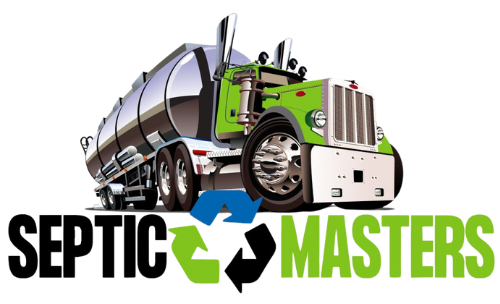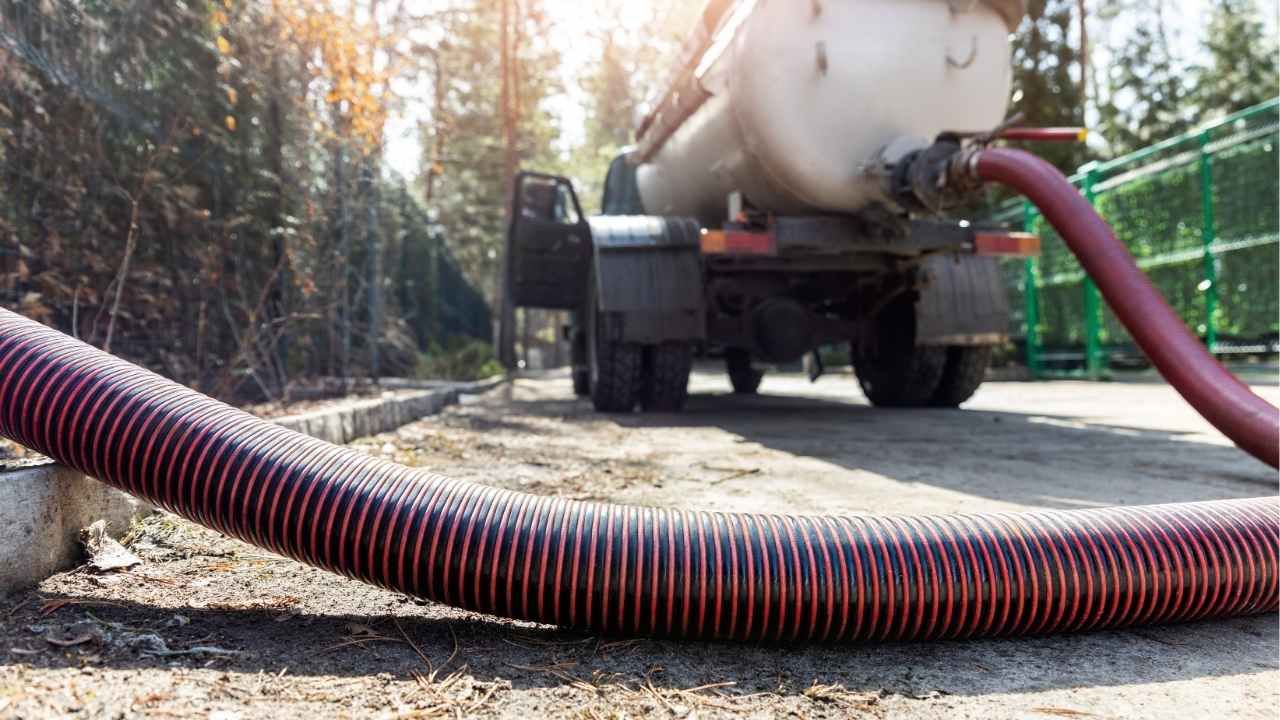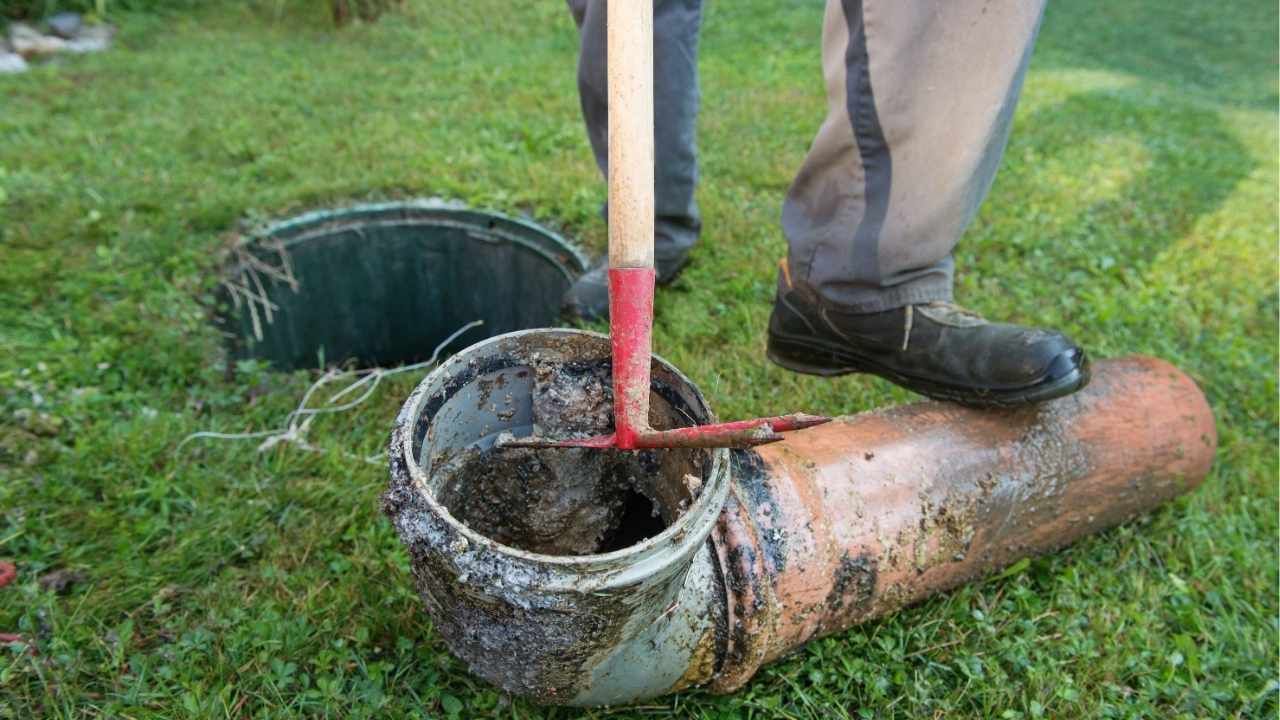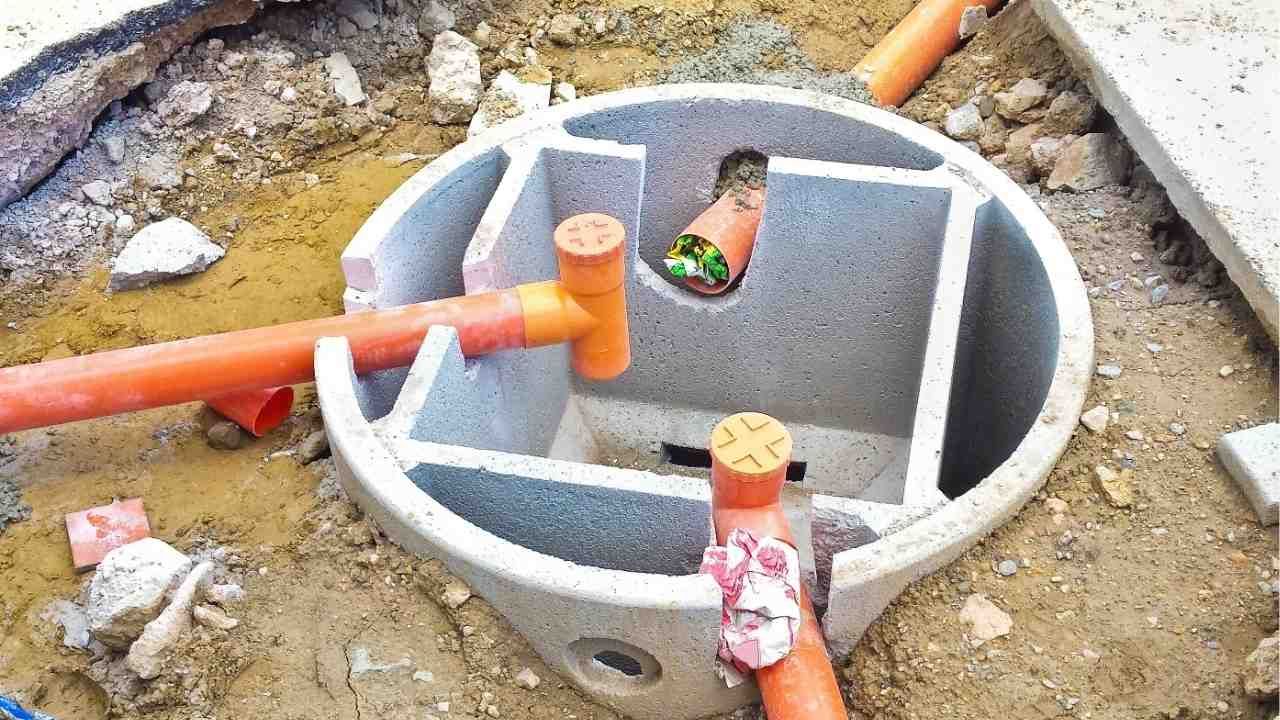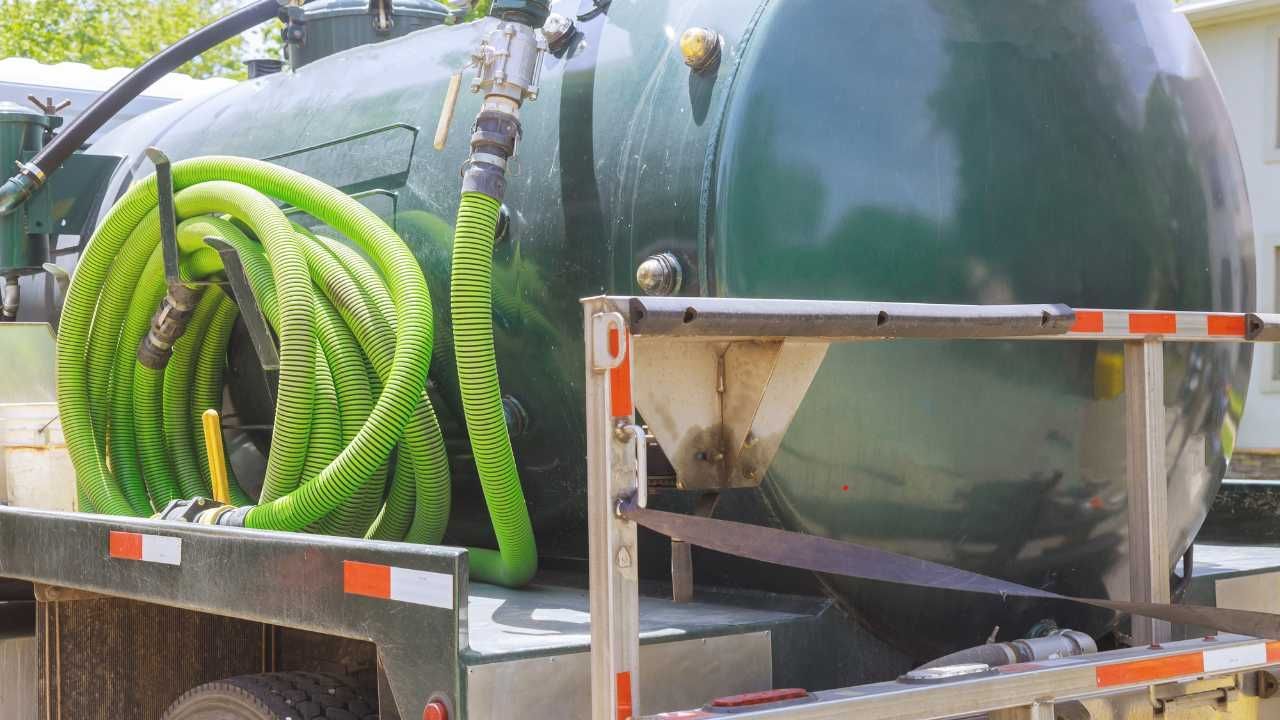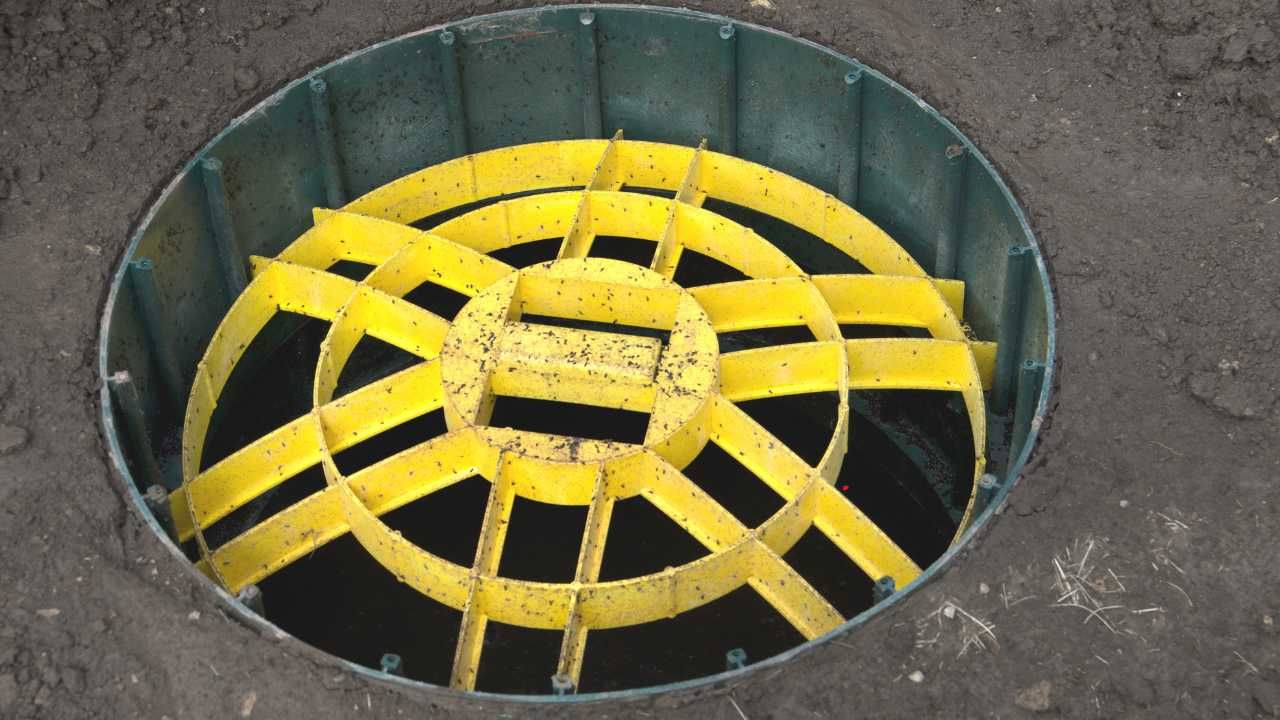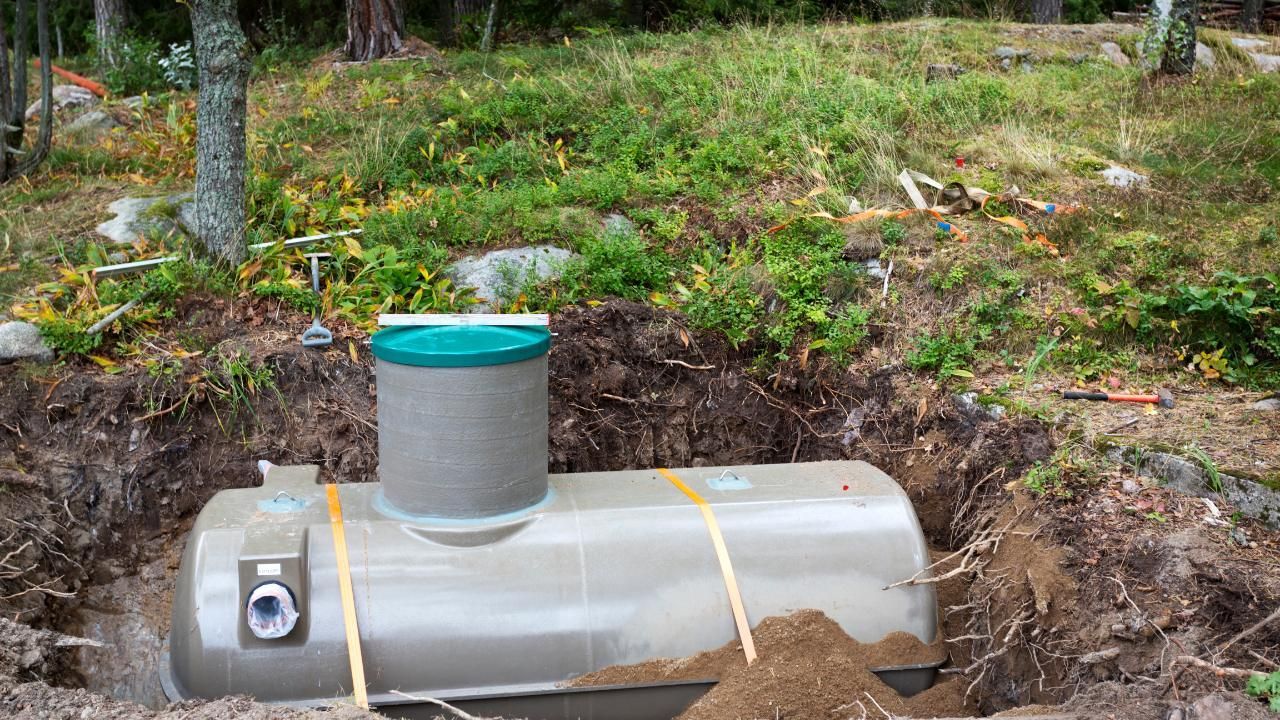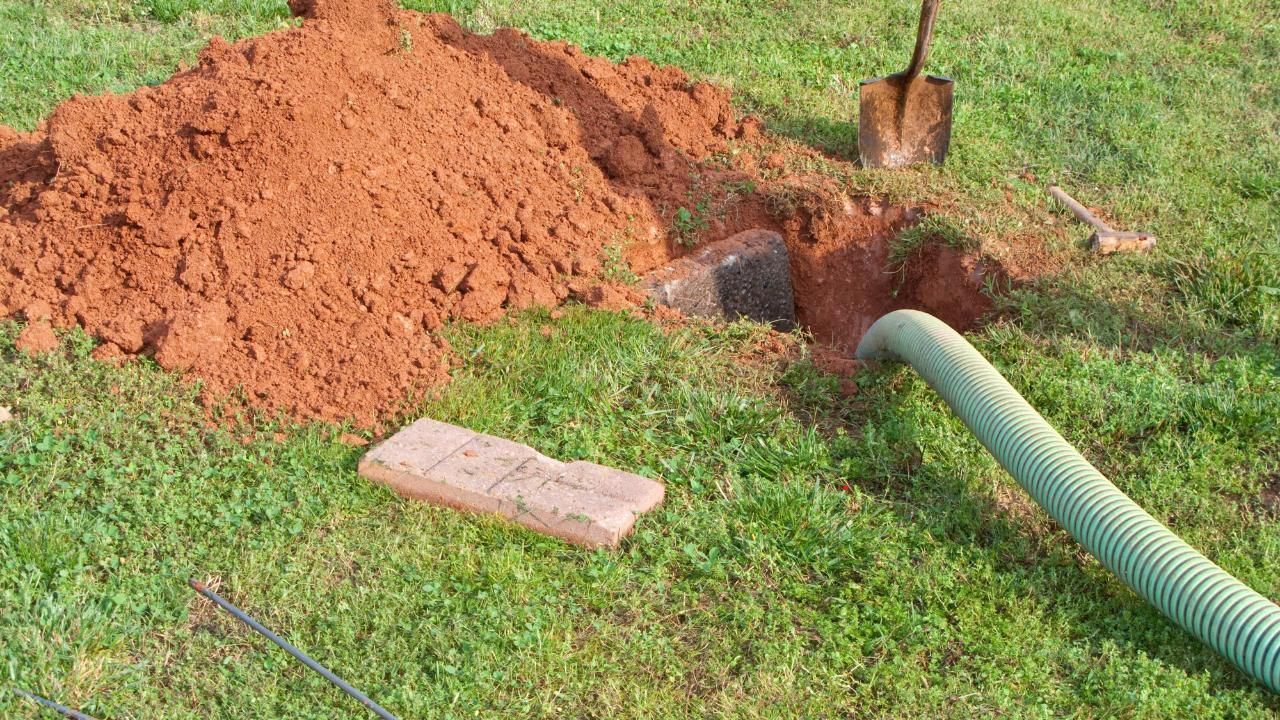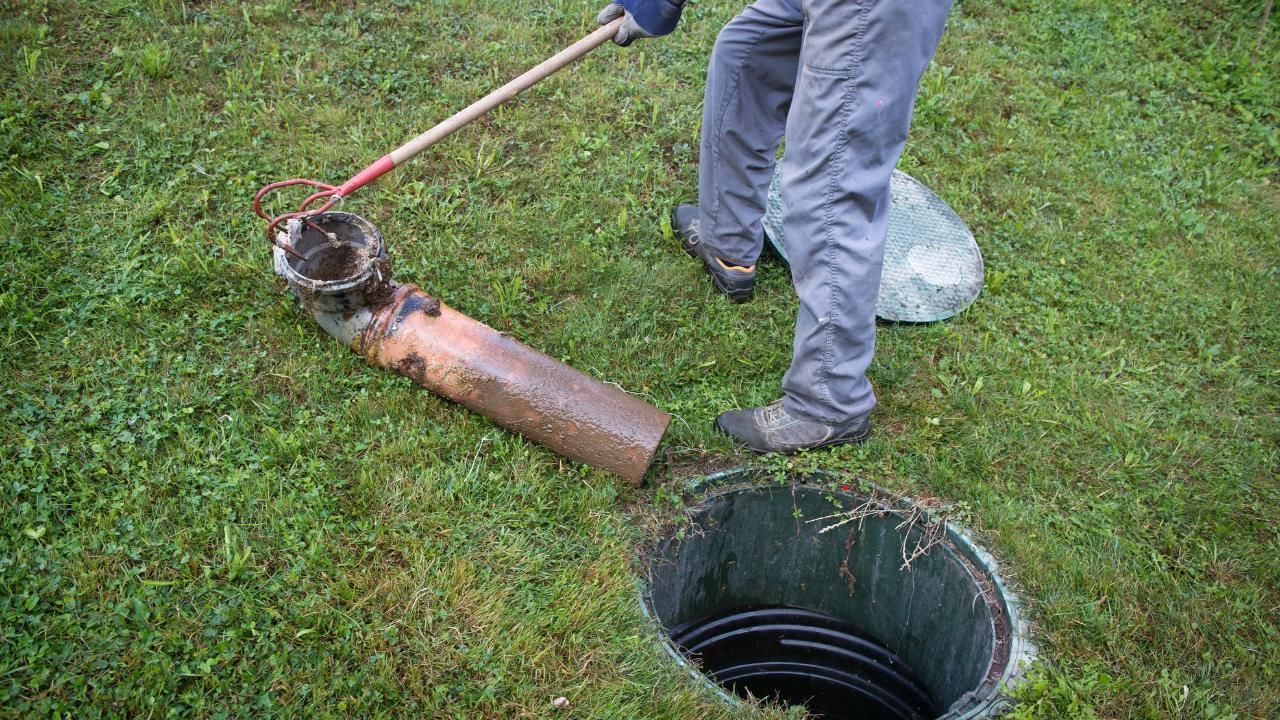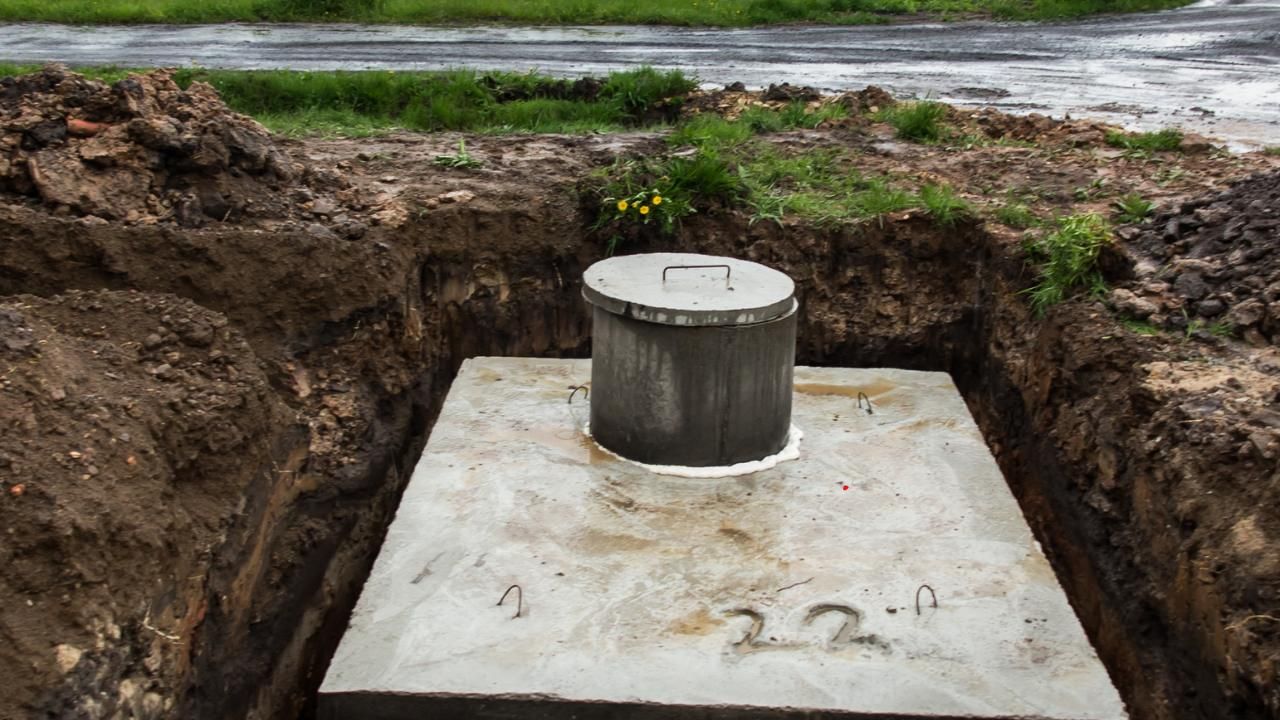Leach Field Troubleshooting: Common Issues and Fixes
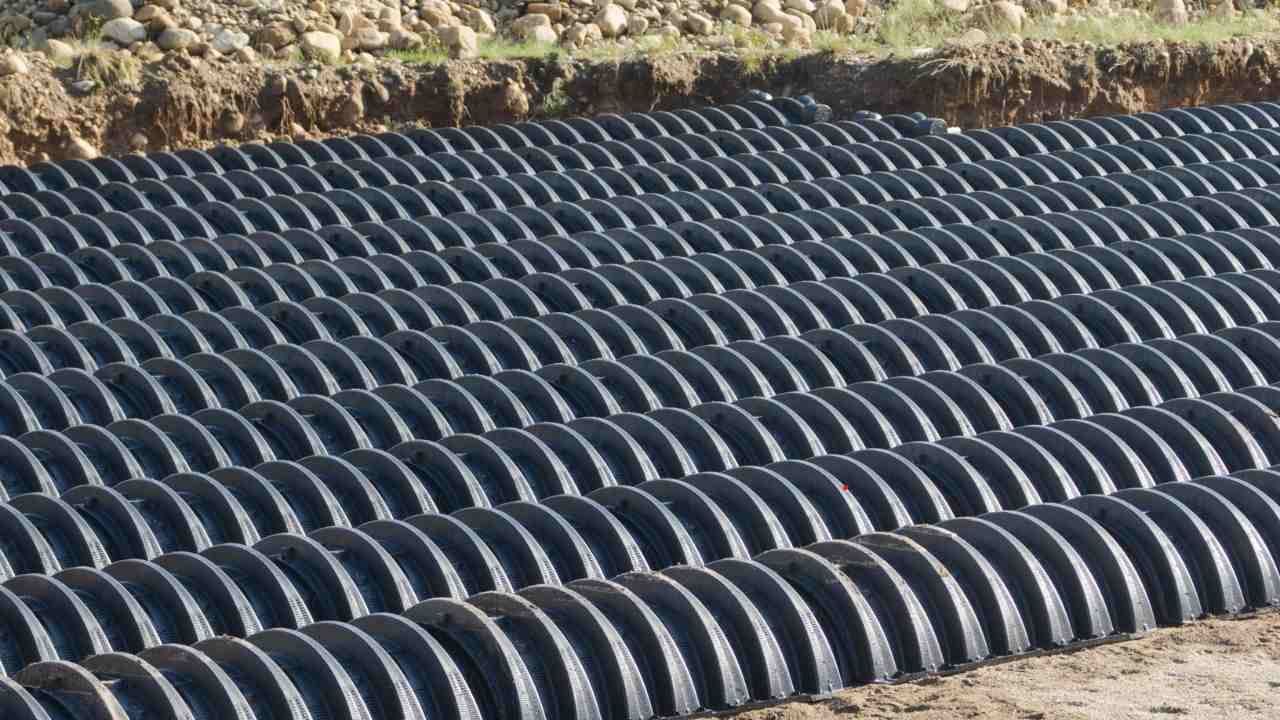
If you’ve ever noticed soggy patches in your yard or slow drains inside your home, your leach field might be trying to tell you something. While most people associate these problems with a full tank, they’re often a sign of trouble underground. Keeping your system in shape requires more than just regular septic tank cleaning—you’ve got to know what to look for when things go wrong.
In this post, we’ll walk through how leach fields work, common issues that plague them, and what Miami homeowners can do to fix and prevent these costly headaches.
What Exactly Is a Leach Field?
Let’s start with the basics. A leach field (also known as a drain field) is a crucial part of your septic system. After solids settle in the septic tank, the remaining liquid flows into the leach field, where it slowly filters through gravel and soil. This process naturally treats the wastewater before it returns to the groundwater supply.
When the leach field functions properly, you barely notice it’s there. But when something goes wrong, the symptoms can quickly affect your home and yard.
Signs Your Leach Field Might Be Failing
Because the leach field is buried, you won’t see the problem right away. But here are a few red flags that Miami homeowners should watch out for:
- Patches of standing water or unusually green grass over the drain field
- Sewage odors in the yard or near the tank area
- Slow drains in sinks, tubs, and toilets
- Gurgling sounds from plumbing fixtures
- Frequent backups even after pumping the tank
Any of these signs could indicate that wastewater isn’t dispersing properly underground.
Common Leach Field Problems (and How to Fix Them)
Leach fields are built to last 20–30 years or more—but that only happens with proper care. Here are the most common issues and what you can do:
1. Clogged Pipes or Soil Saturation
Over time, solids or grease that escape the tank can clog the pipes or the surrounding soil. Miami’s frequent rain can also oversaturate the ground, making it harder for the field to drain properly.
Fix: A professional may use high-pressure jetting to clean the pipes or add soil treatments that break up clogs. In some cases, rerouting drainage away from the field can help dry things out.
2. Root Infiltration
Tree and shrub roots are naturally drawn to the moisture in your leach field. If they break into the pipes, they can block the flow or even cause pipe collapse.
Fix: The best approach is prevention—avoid planting trees within 30 feet of the leach field. If roots have already caused damage, a professional can remove them and replace damaged lines.
3. Compacted Soil
Driving vehicles or heavy equipment over the drain field compresses the soil, limiting its ability to absorb water.
Fix: You may need to aerate the soil or, in severe cases, replace sections of the leach field. Installing barriers or signage can prevent future damage.
4. Old or Poorly Designed System
Sometimes the issue isn’t damage but age or bad design. A field that’s too small for the home’s wastewater load can fail prematurely.
Fix: An inspection by a licensed technician—like those at Septic Masters—can determine whether system expansion or a full redesign is needed.
Case Study: A Quick Save in Coral Gables
A Miami couple noticed slow drains and a foul odor around their backyard. After assuming they needed septic tank cleaning, they called Septic Masters. Their team found the real problem: tree roots had invaded the leach lines. With quick intervention and trenchless root removal, they avoided a full system replacement—saving thousands in repair costs.
Prevention Tips for Miami Homeowners
Leach field failure isn’t always preventable, but these simple habits go a long way:
- Schedule regular Miami septic tank services every 3–5 years
- Keep vehicles off the drain field area
- Plant only grass—no trees or shrubs—near the field
- Limit water use during heavy rains
- Avoid flushing grease, wipes, or chemicals
Your septic system is one of the hardest-working parts of your home. Keeping it healthy starts with paying attention to the signs and acting fast when issues arise. If you suspect trouble with your leach field, don’t wait—Miami’s wet climate can turn a small issue into a backyard swamp.
Think your leach field needs help? Contact us today for a professional septic system inspection and keep your system running smoothly.
Ask Your Questions
Get In Touch, Leave Us A Message
We're committed to providing affordable and reliable septic tank services. Whether you need cleaning, maintenance, or repairs, our experienced team is here to help. Get in touch with us today and leave us a message to schedule an appointment or inquire about our services.
